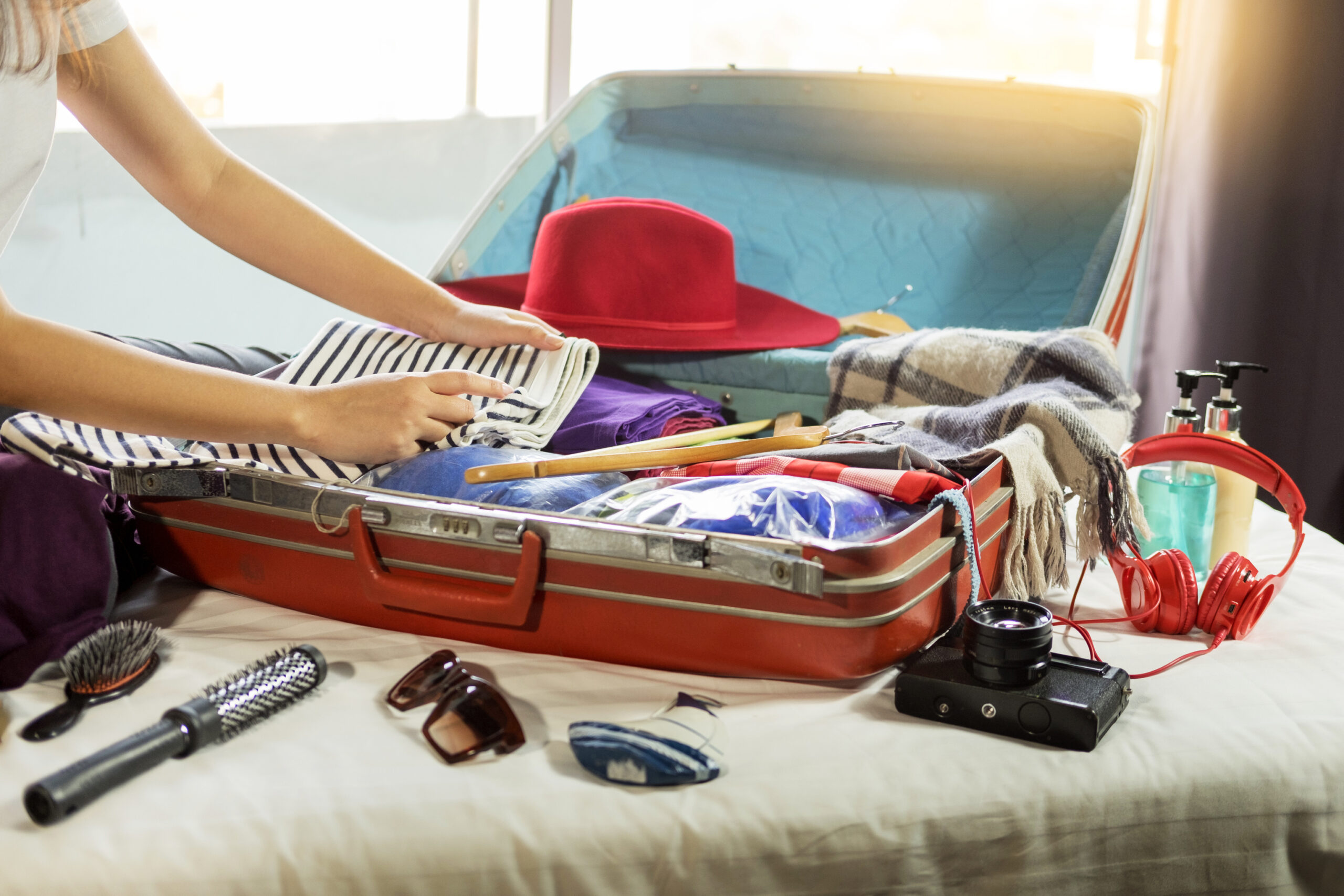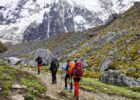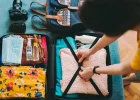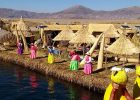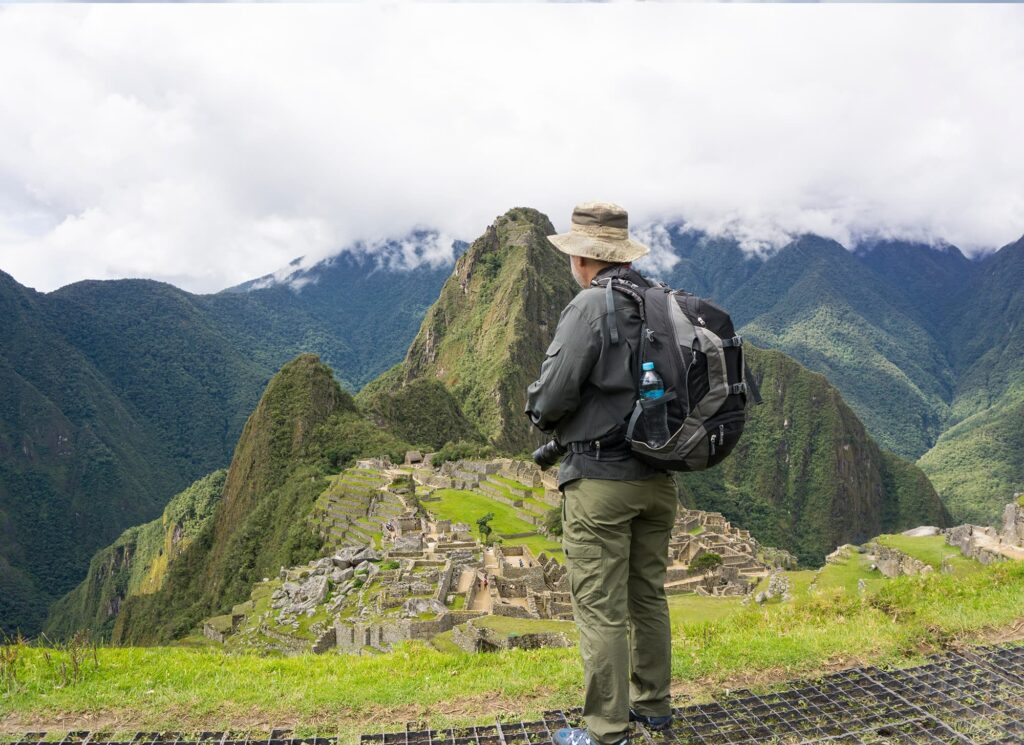
Planning what to pack for Peru can be one of the most challenging aspects of your trip, especially considering the country’s incredible geographical and climatic diversity. From the arid Pacific coast to the towering Andean peaks and the lush Amazon rainforest, each region presents completely different conditions that require specific preparation.
The key to successful packing lies in understanding that Peru is not a destination with uniform weather. While in Lima you can enjoy mild temperatures year-round, in Cusco nights can be extremely cold even in summer. This guide will help you pack smartly, considering not only the regions you’ll visit but also the season of your trip.
Properly preparing your luggage will not only ensure your comfort during the trip but can also be crucial for fully enjoying unique experiences like sunrise at Machu Picchu or a hike along the Inca Trail. Discover exactly what you need to bring for each Peruvian destination.
What to Pack for Peru by Region
Peru is divided into three main natural regions, each with unique climatic and geographical characteristics. Understanding these differences is essential to prepare appropriate luggage that allows you to adapt to the specific conditions of each area.
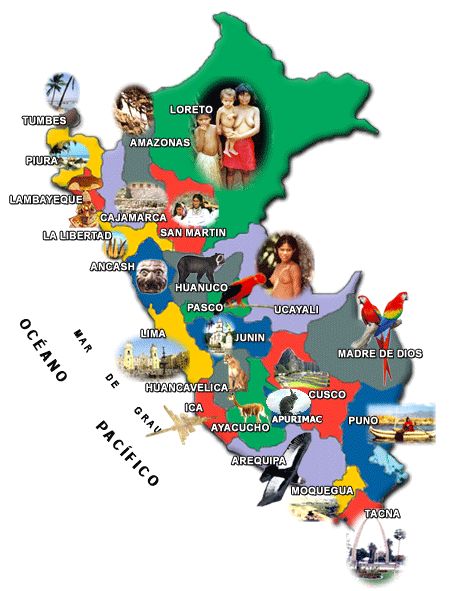
What to Pack for the Coast
The Peruvian coastal region has a desert climate with very particular characteristics. Lima, the capital, experiences constant humidity during the winter months, which can be surprising for many visitors.
Essential clothing for the coast:
- Breathable cotton short and long sleeve t-shirts
- Lightweight pants and comfortable shorts
- A light jacket for Lima’s evenings
- Fresh and comfortable dresses for walking
- Swimwear if you plan to visit beaches
Important tip: In Lima, “garúa” (light drizzle) is common between May and October. A lightweight waterproof jacket can be very useful during these months.
Recommended footwear:
- Comfortable sneakers for walking around the city
- Sandals for hot days
- Closed shoes for dinners and nighttime activities
What to Pack for the Andes
The Andean region presents the greatest challenge in terms of packing due to extreme temperature variations. During the day it can be intensely hot, while nights can be freezing, especially in high-altitude cities like Cusco and Puno.
| City | Altitude (masl) | Day Temp. (°C) | Night Temp. (°C) |
|---|---|---|---|
| Cusco | 3,399 | 18-22 | 2-8 |
| Arequipa | 2,335 | 20-25 | 8-12 |
| Puno | 3,827 | 15-18 | -2-5 |
| Huacachina | 396 | 25-30 | 15-18 |
Layering system for the Andes:
- Base layer: Thermal underwear made of synthetic materials or merino wool
- Middle layer: Wool or fleece sweaters, thermal vests
- Outer layer: Waterproof and windproof jacket
Crucial fact: Solar radiation in the Andes is extremely intense due to the altitude. A hat with UV protection and sunglasses are absolutely essential.
What to Pack for the Jungle
The Peruvian Amazon region is characterized by its humid tropical climate, with high temperatures and constant humidity. Rain can occur at any time, especially during the wet season.
Specialized clothing for the jungle:
- Long-sleeved quick-dry shirts (protection against insects)
- Lightweight but durable long pants
- Full raincoat or poncho
- Quick-dry underwear (several changes)
- High and thick socks
Specific footwear:
- High rubber boots (essential for jungle hikes)
- Quick-dry sneakers
- Strapped sandals for water activities
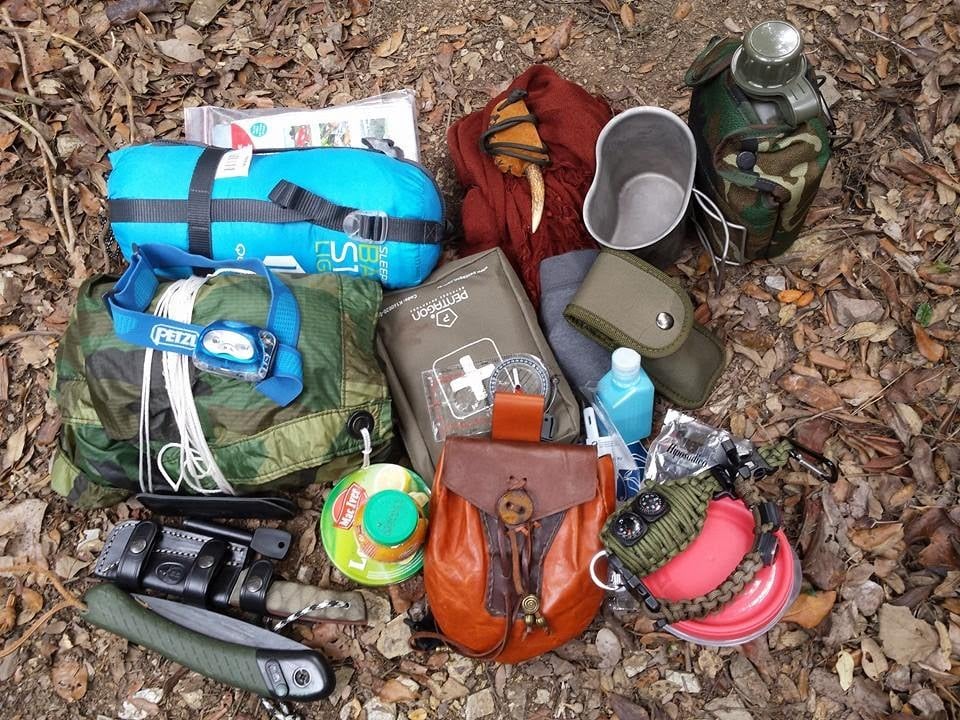
What to Pack for Peru by Season
Seasons in Peru vary significantly by region, and understanding these climate patterns is essential to pack appropriately. The season you choose to travel will greatly influence which items should be prioritized in your suitcase.
What to Pack for the Dry Season (May to September)
The dry season is considered the best time to visit Peru, especially for trekking and visiting archaeological sites. However, nights can be particularly cold in the Andean regions.
| Region | Characteristics | Priority Clothing | Key Accessories |
|---|---|---|---|
| Coast | Gray skies, frequent drizzle | Light jacket, layers | Small umbrella |
| Highlands | Sunny days, cold nights | Complete layering system | Hat, gloves |
| Jungle | Less rain, intense heat | Light protective clothing | Repellent, hat |
What to Pack if Traveling to Cusco in the Dry Season
Cusco during the dry season has clear days ideal for tourism, but early mornings can be extremely cold. The temperature difference between day and night can exceed 20 degrees Celsius.
- Down jacket or thick fleece for the nights
- Long-sleeve thermal shirts
- Durable trekking pants
- Wool hat and light gloves
- Well-gripped trekking shoes
What to Pack if Traveling to Machu Picchu in the Dry Season
Machu Picchu in the dry season offers spectacular clear views, but conditions can change quickly. The citadel is located in a transitional zone between the Andes and the jungle.
Special recommendation: Always bring a light waterproof jacket, even during the dry season. Machu Picchu’s microclimate can cause unexpected rain.
- Layered clothing easy to put on and take off
- Trekking shoes with non-slip soles
- Compact raincoat
- Cap with sun protection
- Small day backpack
What to Pack if Traveling to Arequipa in the Dry Season
Arequipa, known as the “White City,” enjoys privileged weather during the dry season, with over 300 days of sunshine per year. However, the altitude still requires preparation.
- Light daytime clothing with UV protection
- Medium-weight sweater for the evenings
- Comfortable shoes for walking around the city
- Wide-brimmed hat
- High-protection sunglasses
What to Pack if Traveling to Lima in the Dry Season
Lima during the dry season (local winter) features gray skies and constant drizzle. Temperatures are cool but not extreme.
- Waterproof or windbreaker jacket
- Light to medium sweaters
- Comfortable long pants
- Closed waterproof shoes
- Light scarf for the evenings
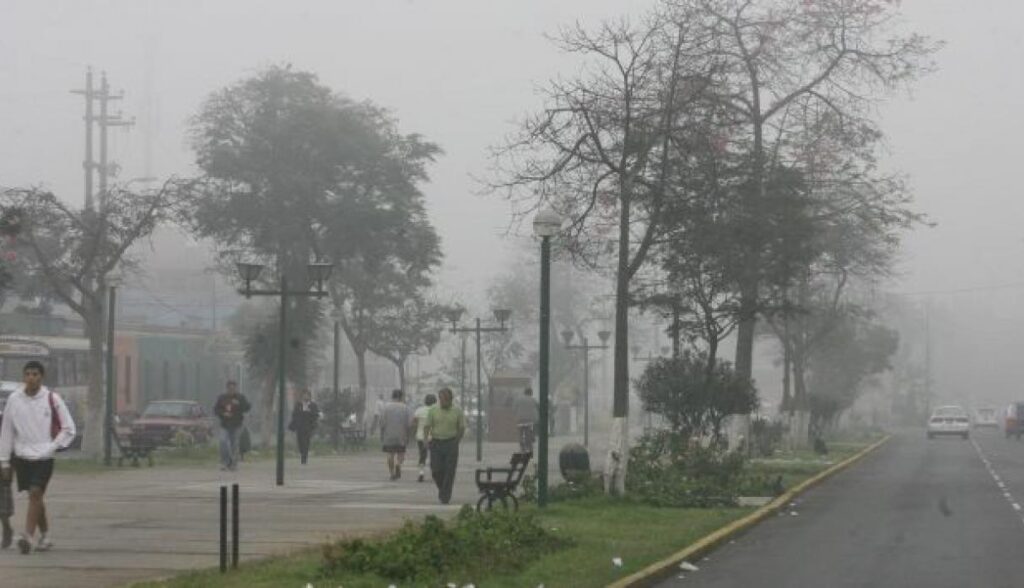
What to Pack for Peru in the Wet Season (October to April)
The wet season, locally known as “winter” in the highlands, presents additional challenges due to frequent rain. However, it also offers greener landscapes and fewer crowds at tourist sites.
What to Pack if Traveling to Cusco in the Wet Season
Cusco during the wet season experiences almost daily rainfall, usually in the afternoons. Mornings are generally clear, allowing for early sightseeing.
- High-quality raincoat
- Waterproof boots or quick-dry shoes
- Quick-dry clothing
- Compact and durable umbrella
- Waterproof bags for electronics
Expert tip: During the wet season, pack double the amount of socks and underwear. Constant humidity makes it much harder for clothes to dry.
What to Pack if Traveling to Machu Picchu in the Wet Season
Visiting Machu Picchu during the wet season requires extra preparation, but the rewards include incredibly green scenery and fewer tourists. The Inca Trail is closed in February for maintenance.
- Fully waterproof gear
- Shoes with excellent traction
- Thermal clothing that retains heat even when wet
- Waterproof covers for backpack and camera
- Quick-dry towel
What to Pack if Traveling to Arequipa in the Wet Season
Arequipa during the wet season remains relatively dry compared to other Andean cities, but it can experience occasional rain and cooler temperatures.
- Light waterproof jacket
- Transitional clothing between seasons
- Versatile footwear for different conditions
- Sun protection accessories (still necessary)
What to Pack if Traveling to Lima in the Wet Season
Lima during the wet season (local summer) has its best weather, with clear skies, warm temperatures, and virtually no rain. It’s the perfect time to enjoy nearby beaches.
- Light summer clothing
- Swimsuit and beachwear
- Sandals and light footwear
- High SPF sunscreen
- Hat and sunglasses
Essential Items for Traveling to Peru
Regardless of the region or season you choose for your trip, there are essential items that must be in your luggage. These elements will ensure not only your comfort but also your safety and well-being throughout your Peruvian adventure.
Essential Documents Checklist for Your Trip
Proper documentation is key to a hassle-free trip. Peru has specific requirements depending on your nationality and the purpose of your visit.
| Document | Required | Recommendation | Notes |
|---|---|---|---|
| Passport | Yes | Minimum 6 months validity | Main identification document |
| Visa | Depends on nationality | Check before travel | Many countries do not require a visa |
| Vaccination certificate | For jungle | Yellow fever required | Get it 10 days before the trip |
| Travel insurance | Recommended | Comprehensive medical coverage | Especially for trekking |
Additional recommended documents:
- Physical copy of your passport (Recommended validity: at least 6 months from entry date.)
- Printed copies of important documents
- Vaccination certificates (for entering the Peruvian jungle)
